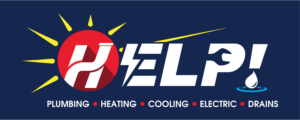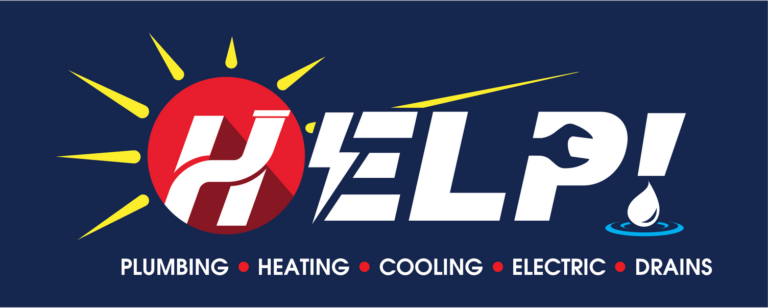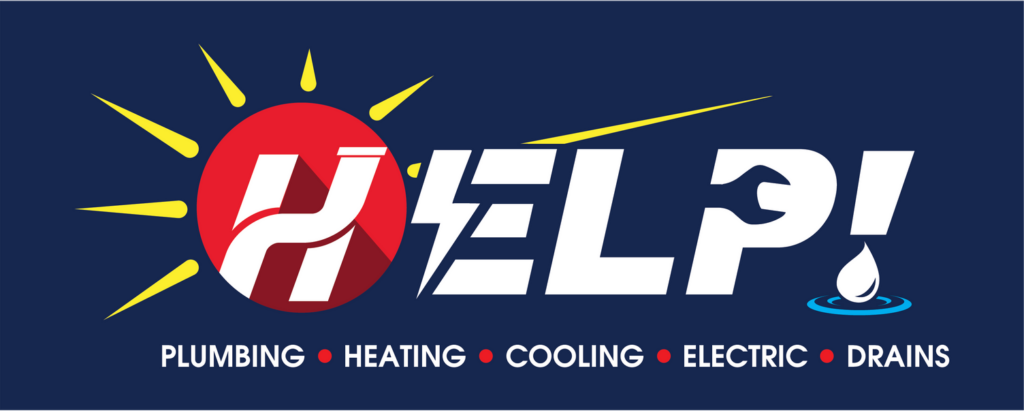Your tank-style water heater relies on an anode rod to keep working reliably. The anode rod screws into the top of the tank and protrudes into the water below. An anode rod measures up to 40 inches long, depending on the size of your appliance.
Sacrificial anode rods should be replaced on a routine basis. If you don’t have your plumbing service replace your water heater’s sacrificial anode when it’s spent, you could have to deal with stinky water and a leaking water heater. Here are some more facts about the anode in your water heater.
Anodes Delay the Inevitable
Steel and other metals corrode when they come in contact with water since water contains minerals and other substances that eat away at metal. Any metal water tank will rust and develop leaks over time. So manufacturers apply an inner coating of vitrified porcelain to protect steel water heaters. This glass-like layer protects the steel water tank but won’t be able to fully protect the metal from corrosion.
The anode rod is a secondary method to protect the steel in your hot water tank. Anode rods are made of less noble metals than steel, so the minerals and other materials in water attack the anode rod first rather than heading straight for the steel, which is why anodes are referred to as sacrificial. As long as the anode rod isn’t fully spent, it protects the water tank from corrosion and leaks.
Anodes Are Made From 3 Metals
There are two main types of sacrificial anodes and one type of non-sacrificial anode available for most water heaters. Some water conditions call for using one type or another.
Magnesium
Magnesium rods are used for screw-in applications and for sacrificial rods that are installed in-line on the cold water feed. If your water has a high pH reading, a magnesium rod can help reduce some of the scale that forms inside your water tank due to the high alkalinity. Magnesium rods are also recommended where you have high levels of chlorine and chloramines in your water.
If you start noticing a trashy smell coming from your water heater, have your plumbing professional check out the anode rod. If they notice clear, gray, or blue gel or beads at the bottom of your water tank or anode rod, your aluminum anode rod is reacting with the high chlorine levels in your water to create aluminum hydroxide. Switch to a magnesium anode rod to get rid of the beads and the stench.
Aluminum
Aluminum and aluminum/zinc anode rods are used in similar ways as magnesium sacrificial rods. However, aluminum rods are the better choice for a water heater that heats up sulfate-tinged water. Sacrificial anodes change sulfates into hydrogen sulfides. When a magnesium anode rod is used, the level of hydrogen sulfide can get too high and cause a rotten-egg stench in your hot water.
If your water heater will accept an aluminum anode rod, your plumbing professional can change out a magnesium rod and hopefully kill the bad odor. You may also need to have your well shocked or your plumbing lines flushed to refresh your water tank.
Titanium
Titanium is used in non-sacrificial, powered anodes that screw into your water tank. Titanium is tougher than steel and does not get sacrificed as it protects your water heater. A titanium anode will also never create bad smells in your water tank.
The electronic titanium anode delivers a small bit of DC current to help prevent corrosion. The amount of current delivered increases as your water tank degrades. Powered anodes can act as low-water sensors and monitors of water-tank integrity. When the DC current is as high as it can go, you can expect your water tank to fail very soon.
Your plumbing professionals are the experts on sacrificial and non-sacrificial anode rods for water heaters. If you’re experiencing strange odors or gel-like substances from your water heater, schedule an inspection of the anode or anodes in your appliance.
Contact HELP Plumbing, Heating, Cooling and Drains today for reliable, service on your water heater and its anode. We also solve your plumbing, draining, and HVAC issues.


